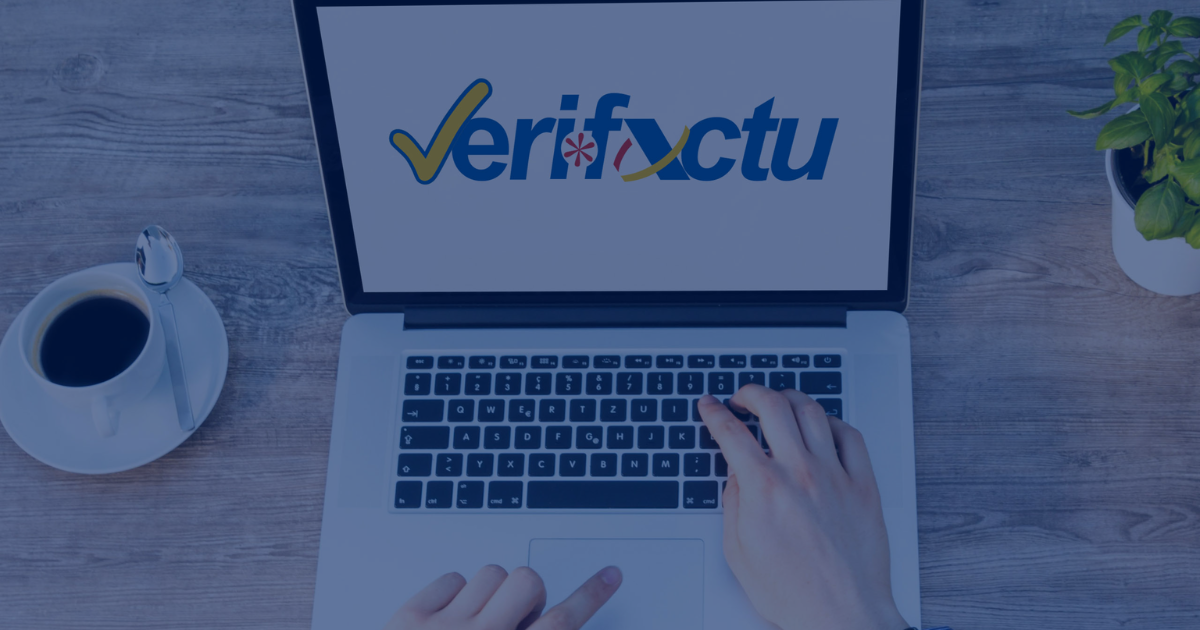Novedades en el modelo 303: llega la autoliquidación rectificativa al IVA
Con la evolución constante de las normativas fiscales en España, 2024 dejó consigo un cambio importante que los profesionales y empresas deben conocer: la introducción de la autoliquidación rectificativa en el modelo 303. Este nuevo mecanismo promete simplificar la corrección de errores en las declaraciones de IVA, un paso significativo hacia la digitalización y eficiencia del sistema tributario.
En este artículo, te explicaremos qué es esta novedad, a quiénes afecta, cómo funciona y cómo puedes prepararte para implementarla correctamente en tu empresa. Además, te mostraremos cómo los servicios especializados en outsourcing pueden ayudarte a cumplir con tus obligaciones fiscales sin complicaciones.
¿Qué es la autoliquidación rectificativa del modelo 303?
El modelo 303 es el formulario mediante el cual los contribuyentes declaran y liquidan el Impuesto sobre el Valor Añadido (IVA) ante la Agencia Tributaria. Hasta ahora, si una empresa cometía un error en la declaración del modelo 303 (ya sea un dato incorrecto o una omisión), la corrección implicaba la presentación de una declaración complementaria o recurrir a procedimientos más complejos como la solicitud de ingresos indebidos
Con la introducción de la autoliquidación rectificativa, los contribuyentes podrán corregir errores directamente en la misma declaración de IVA sin necesidad de presentar un modelo adicional o realizar trámites separados. Esto representa una mejora considerable en términos de agilidad, ya que permite:
- Modificar las declaraciones ya presentadas con mayor rapidez.
- Evitar errores acumulativos que afecten declaraciones futuras.
- Incrementar la transparencia y exactitud de la información enviada a Hacienda.
Si necesitas saber las instrucciones para presentar el modelo 303 este 2025, puedes consultarlo aquí.
¿A quiénes afecta esta medida?
La autoliquidación rectificativa es relevante para todos los contribuyentes obligados a presentar el modelo 303, incluyendo:
- Autónomos que gestionan su actividad económica y presentan trimestralmente el IVA.
- Pymes que operan dentro del régimen general del IVA.
- Grandes empresas que realizan declaraciones mensuales de IVA bajo el SII (Suministro Inmediato de Información).
- Entidades sin ánimo de lucro y otros sujetos pasivos con obligaciones fiscales relacionadas con el IVA.
Cualquier sector empresarial que opere bajo el marco del IVA se verá impactado, ya que esta medida aplica a nivel general. La implementación de la autoliquidación rectificativa obliga a todos los contribuyentes a adaptarse a las nuevas reglas, asegurando que las correcciones se realicen dentro del marco establecido por la normativa.
¿Cómo funciona la autoliquidación rectificativa?
El proceso para presentar una autoliquidación rectificativa en el modelo 303 sigue estas etapas:
- Identificación del error o discrepancia:
- El contribuyente detecta un error en una declaración presentada previamente, como la omisión de una factura o la declaración incorrecta de un importe.
- Presentación de la autoliquidación rectificativa:
- Desde el portal de la Agencia Tributaria, se accede al modelo 303 correspondiente al periodo en cuestión.
- Se selecciona la opción para realizar una autoliquidación rectificativa.
- Se introducen los datos corregidos en los apartados pertinentes.
- Cálculo y ajustes automáticos:
- El sistema recalcula automáticamente el importe a ingresar o devolver en función de los datos corregidos.
- Si el contribuyente tiene derecho a una devolución por el ajuste, este se procesará en el plazo establecido.
- Plazos:
- Las correcciones deben realizarse dentro del periodo de prescripción (4 años desde la presentación original).
Ventajas de la autoliquidación rectificativa
Esta nueva herramienta trae consigo varios beneficios que vale la pena destacar:
- Simplicidad: Los contribuyentes podrán gestionar los errores de manera directa y sencilla, sin necesidad de recurrir a modelos adicionales.
- Eficiencia: Al evitar procesos engorrosos, se reduce la carga administrativa y se acelera el tiempo de respuesta.
- Digitalización: Este cambio refuerza el camino hacia una gestión tributaria 100% digitalizada.
- Reducción de sanciones: Corregir errores de forma proactiva y dentro de los plazos establecidos permite minimizar riesgos de sanciones.
Aspectos clave a tener en cuenta
Aunque la autoliquidación rectificativa ofrece ventajas claras, también es fundamental prestar atención a ciertos aspectos:
- Formación: Es importante que los responsables de contabilidad y fiscalidad de las empresas estén familiarizados con este nuevo procedimiento.
- Revisión continua: Implementar procesos internos de revisión para detectar errores con antelación.
- Asesoría especializada: Contar con el apoyo de expertos en gestión fiscal para garantizar que las rectificaciones se realicen correctamente.
¿Cómo puede ayudarte el outsourcing fiscal?
Los cambios normativos, como la introducción de la autoliquidación rectificativa, pueden generar incertidumbre para muchas empresas. Aquí es donde un socio especializado en outsourcing fiscal puede marcar la diferencia.
En Vasalto, somos expertos en la gestión de impuestos, contabilidad y servicios legales. Nuestro equipo de profesionales está actualizado con las últimas normativas y preparado para ofrecerte:
- Revisión exhaustiva de declaraciones fiscales: Para asegurar que tus datos estén correctos antes de enviarlos a la Agencia Tributaria.
- Asesoría personalizada: Diseñamos soluciones adaptadas a las necesidades de tu empresa.
- Digitalización de procesos: Te ayudamos a implementar herramientas y procesos que faciliten el cumplimiento fiscal.
- Cumplimiento normativo: Nos aseguramos de que tu empresa cumpla con todas las obligaciones tributarias, evitando sanciones y optimizando los recursos.
Con nuestra experiencia en gestión fiscal, tu empresa puede centrarse en su crecimiento mientras nosotros nos encargamos de los detalles tributarios.
Simplifica la gestión fiscal de tu empresa
En un entorno fiscal cada vez más complejo, contar con un socio confiable es clave. Vasalto te ofrece la tecnología, el conocimiento y el respaldo que necesitas para adaptarte a las novedades normativas como la autoliquidación rectificativa del modelo 303.
¡No dejes que los cambios te tomen por sorpresa! Contáctanos y descubre cómo podemos ayudarte a gestionar el IVA, la contabilidad y mucho más con total tranquilidad.
Confía en Vasalto y transforma tus procesos fiscales en una ventaja competitiva.



